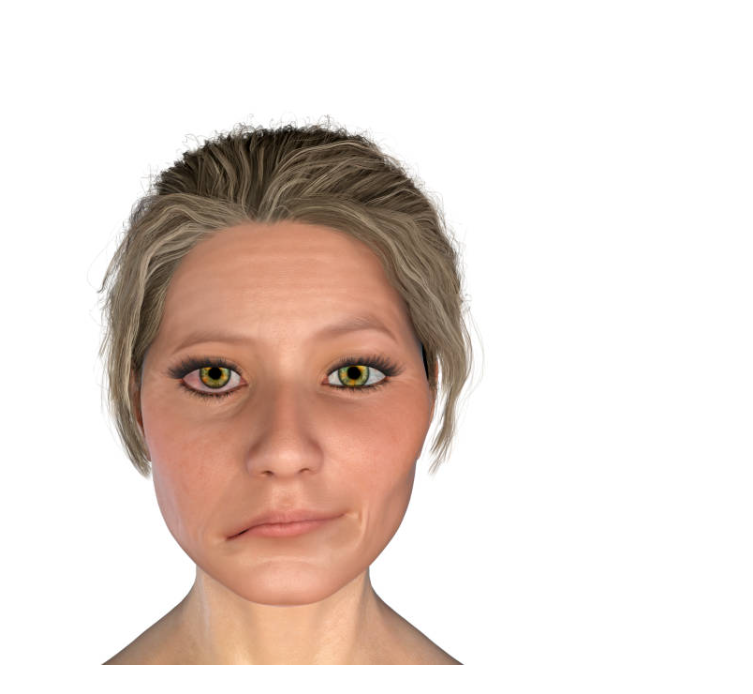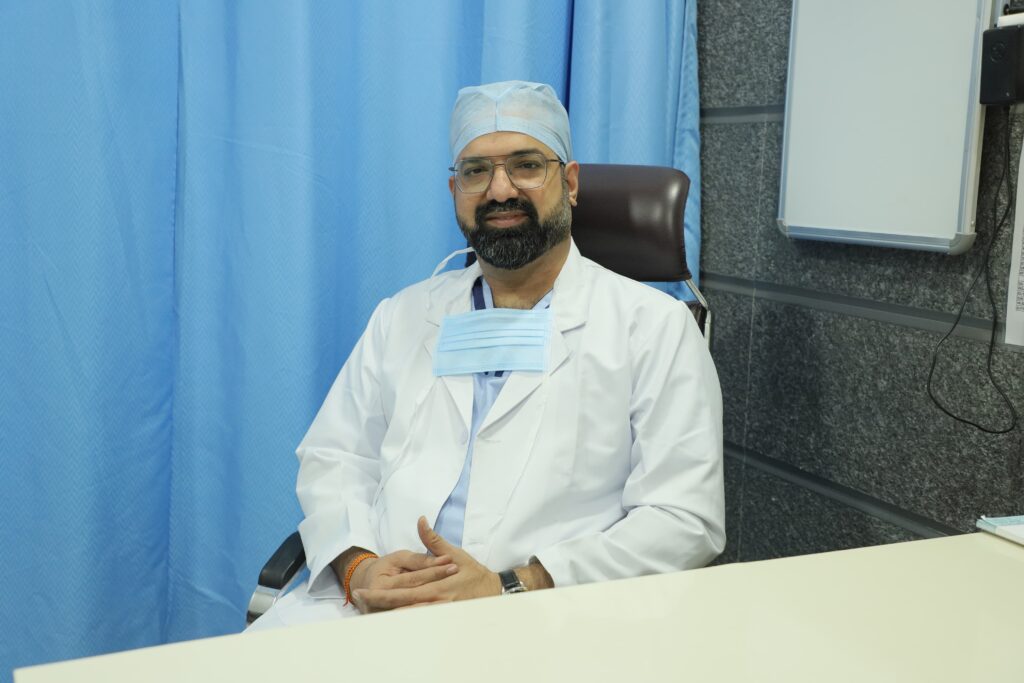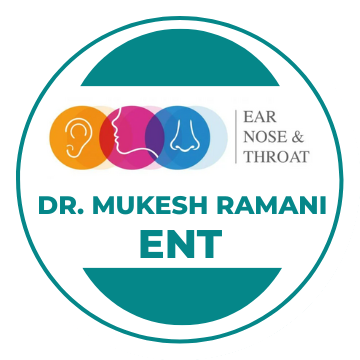Services
We Provide

Understanding Bell’s Palsy
Bell’s Palsy is a condition that causes sudden, temporary weakness or paralysis of the facial muscles on one side of the face. It occurs when the seventh cranial nerve, known as the facial nerve, becomes inflamed or compressed, resulting in facial drooping and difficulty controlling facial movements. While the exact cause of Bell’s Palsy is not always clear, it is believed to be related to viral infections, particularly the herpes simplex virus. Bell’s Palsy can be a distressing condition, but with proper diagnosis and treatment, most individuals recover fully within a few weeks to months.
Diagnosis of Bell’s Palsy
Diagnosing Bell’s Palsy typically involves a thorough physical examination and medical history review by a healthcare provider. During the examination, the provider will assess facial muscle strength, symmetry, and ability to control facial movements. In some cases, additional tests such as electromyography (EMG) or imaging studies like magnetic resonance imaging (MRI) may be recommended to rule out other conditions that may cause similar symptoms, such as stroke or tumors.
Causes of Bell’s Palsy
The exact cause of Bell’s Palsy is not fully understood, but it is believed to be related to viral infections, particularly the herpes simplex virus. Other viruses that have been associated with Bell’s Palsy include the varicella-zoster virus (which causes chickenpox and shingles) and the Epstein-Barr virus (which causes infectious mononucleosis). Additionally, factors such as immune system disorders, diabetes, pregnancy, and certain medications may increase the risk of developing Bell’s Palsy.
Symptoms of Bell’s Palsy
Common symptoms of Bell’s Palsy may include:
- Facial Weakness or Paralysis: Sudden weakness or paralysis of the facial muscles on one side of the face, resulting in drooping of the mouth or eyelid.
- Difficulty Closing the Eye: Difficulty closing one eye, which may lead to dryness and irritation of the eye.
- Drooling: Difficulty controlling saliva and drooling from the affected side of the mouth.
- Altered Taste: Changes in taste perception or loss of taste on the affected side of the tongue.
- Pain or Discomfort: Some individuals may experience pain or discomfort in or around the ear on the affected side.
It’s important to seek medical attention if you experience symptoms of Bell’s Palsy, as early treatment can help improve outcomes and reduce the risk of complications.
18+
years
of experience

Dr. Mukesh Kumar Ramani
Dr. Mukesh Kumar Ramani is a dedicated Specialist ENT Surgeon at Aster Clinic (Aster Jubilee Medical Complex) in Burdubai, Dubai. With over 18 years of experience in the field, Dr. Ramani has garnered expertise in various aspects of Otorhinolaryngology.
He completed his MBBS from Thanjavur Medical College, Tamilnadu, India, followed by MS (ENT) from B. J. Medical College, Ahmedabad, India, and DNB from the National Board of Examinations, New Delhi, India. Dr. Ramani’s extensive academic background is complemented by his passion for delivering high-quality patient care.
